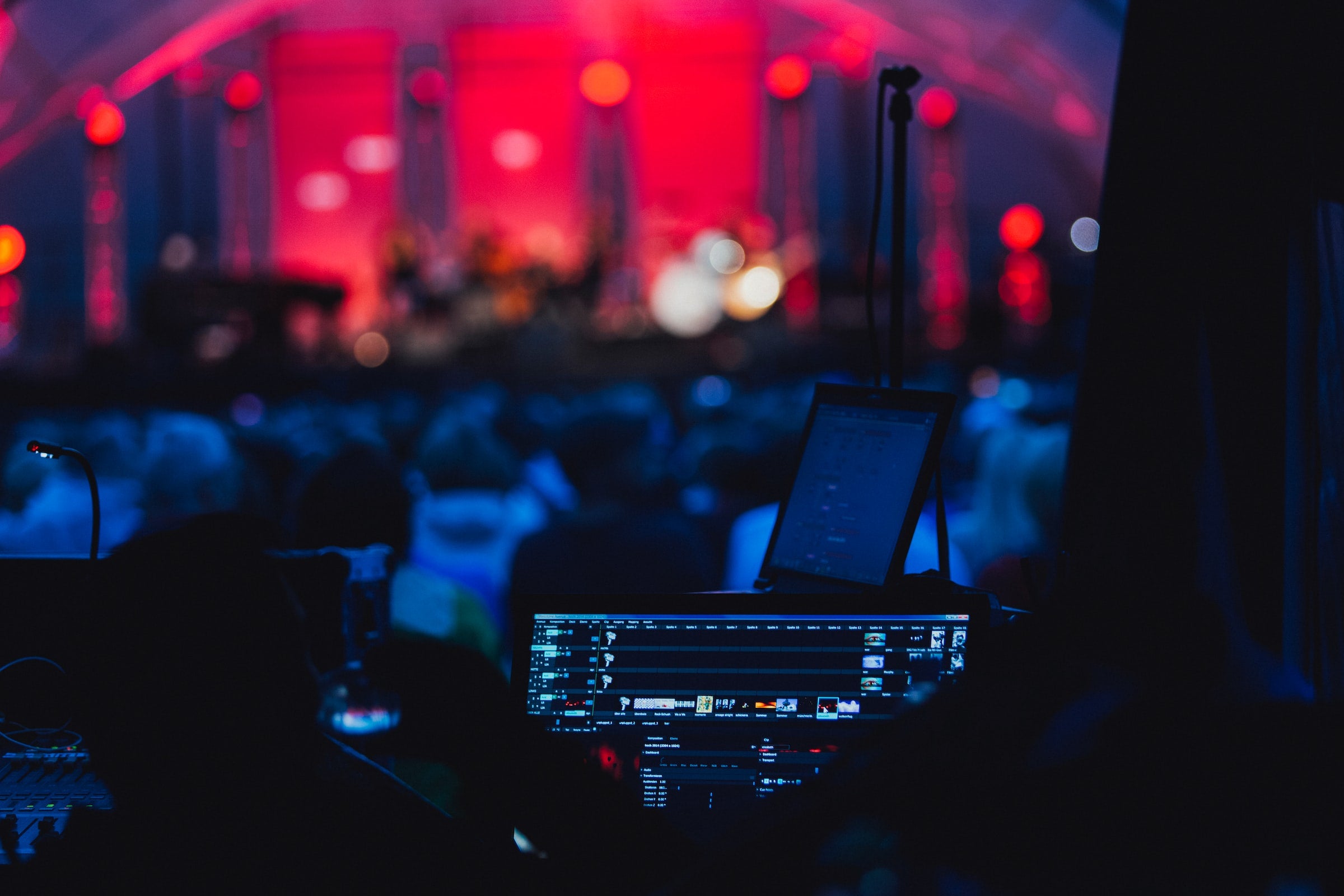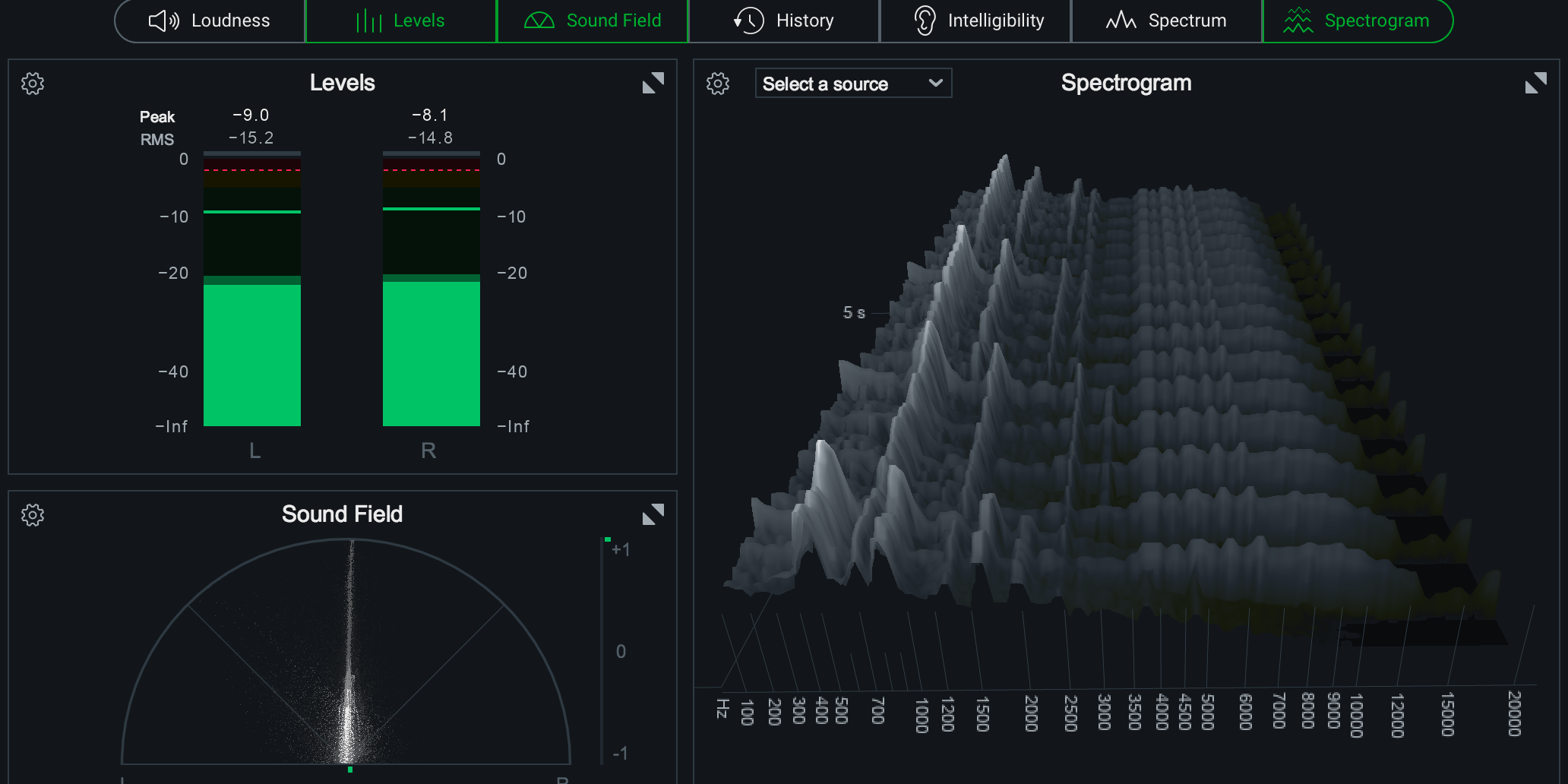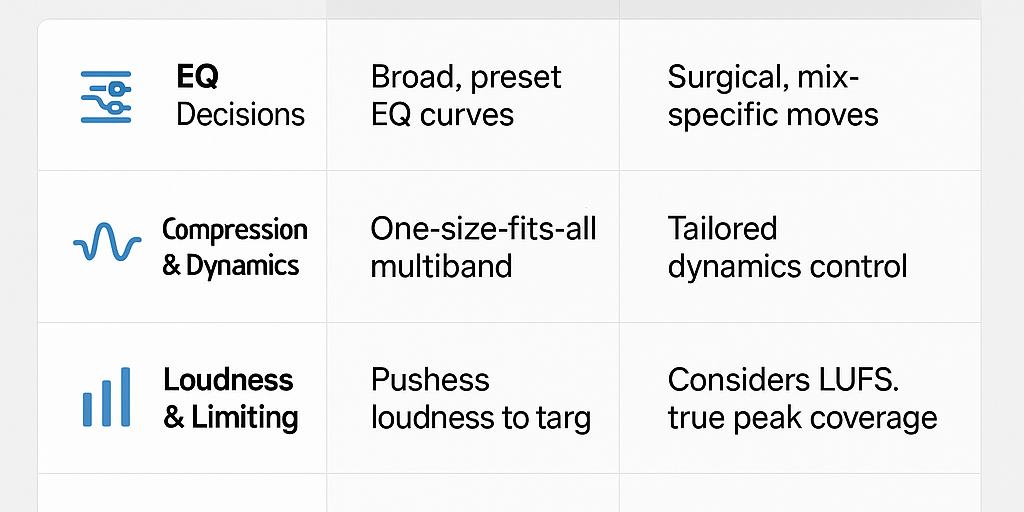Mastering for live performances can be a tricky process, but with the right techniques and tools, you can ensure that your music sounds its best when it reaches the audience. In this post, we'll discuss some key considerations and tips for mastering your music to make it sound great on stage.
First, it's important to understand that mastering is the final step in the music production process, and it involves adjusting the overall balance, volume, and tonal quality of your mix to make it sound polished and professional. For live performances, mastering also plays an important role in making sure that your music can be heard clearly and consistently in a variety of different environments.
One of the most important things you can do when mastering for live performances is to start with a well-balanced mix. This means that all of the elements in your music (drums, vocals, guitars, etc.) should be in the right proportion to each other, and that the overall balance of the mix is pleasing to the ear. To achieve this, it's a good idea to use reference tracks from other professional recordings that you like, and to check your mix on different playback systems to make sure it sounds good everywhere.
Once you have a balanced mix, you can start to think about using EQ and compression to shape the sound of your music. EQ is used to adjust the tonal balance of your mix, while compression is used to control the dynamic range (the difference between the loudest and softest parts) of your music. When EQing for live performances, it's important to keep in mind that different venues and sound systems will have different acoustics, so you may need to adjust your EQ settings accordingly. When compressing, be careful not to overdo it, as too much compression can make your music sound lifeless and unnatural.
Another key aspect of mastering for live performances is controlling the volume of your music. While it's important to make sure that your music is loud enough to be heard over the crowd, it's also important to avoid distorting or clipping (exceeding the maximum amplitude) the audio signal. A Limiter tool can be used to ensure that the music volume stay at a certain level, without distorting. This way, you can maximize volume without losing audio quality.
To wrap up, mastering for live performances is a complex process that involves balancing and shaping the sound of your mix, making sure that it sounds great on different playback systems, and controlling the volume to make sure it can be heard clearly and consistently in a variety of different environments. By following the tips and techniques outlined above, you'll be well on your way to mastering your music for live performances like a pro.
Keep in mind that mastering is a process that requires practice, patience and experience, don't be afraid to experiment with different tools and techniques, and to collaborate with other experienced mastering engineers if you have the chance. And lastly, always remember that the best way to make your music sound great on stage is to have a well-crafted songwriting, arrangement and production on the first place, Mastering is just the final touch that will make it shine.
If you are ever in need of professional mastering, reach out to me here. Happy to answer any questions and even provide a free mastering sample.



